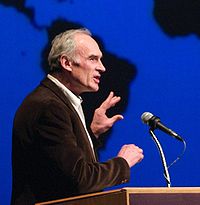
Chapter 26 – Homo Sapiens “Repeat Offender”
By: Ronald Wright, PhD
Historian and novelist Ronald Wright is the author of ten books published in eighteen languages and more than forty countries. His Massey Lectures A Short History of Progress won the Libris Award for Nonfiction Book of the Year and inspired Martin Scorsese’s documentary Surviving Progress. Wright studied archaeology and anthropology at the Universities of Cambridge and Calgary. He lives on Canada’s west coast. (ronaldwright.com)
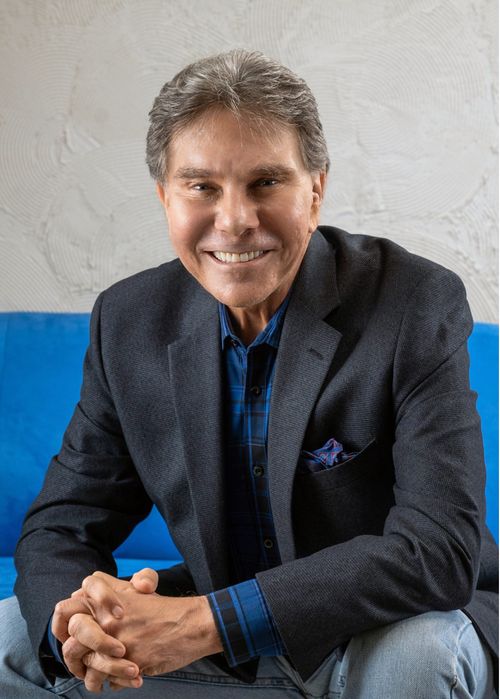
Chapter 27 – Delivering Messages that Work: Using Social Proof The Role of Language and the Power of Social Norms
By: Dr. Robert Cialdini
Dr. Robert Cialdini has spent his entire career studying and publishing scientific research on what causes people to say “yes” to requests. The results of his research, his ensuing academic articles, and his New York Times bestselling books have earned him an reputation as an effective story-teller and as the foundational expert in the science of influence and how to apply it ethically in business. Two of his books, Influence and Pre-Suasion, have appeared in 44 languages and have sold more than seven-million copies. His Principles of Persuasion, adopted by many organizations, including businesses, are guides that suggest how to effectively and responsibly increase influence.Dr Cialdini is Regents’ professor emeritus of psychology and marketing at Arizona State University. He received his PhD from University of North Carolina and post- doctoral training from Columbia University. He holds several honorary doctoral degrees, and has held visiting-scholar appointments at a number of American universities. Dr. Cialdini has been elected to the American Academy of Arts & Sciences and the National Academy of Sciences.
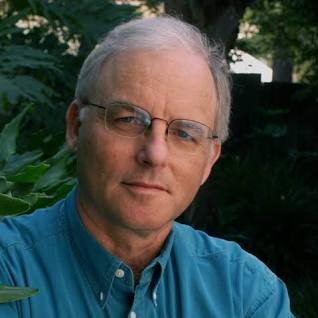
Chapter 28 – Nature-Deficit Disorder; Restoring Our Connection to the Wild
By: Dr. Richard Louv
Richard Louv is co-founder and chair emeritus of the Children & Nature Network (C&NN) and author of LAST CHILD IN THE WOODS: Saving Our Children from Nature-Deficit Disorder, THE NATURE PRINCIPLE: Reconnecting With Life in a Virtual Age, and VITAMIN N: The Essential Guide to a Nature-Rich Life. His most recent book is OUR WILD CALLING: How Connecting with Animals Can Transform Our Lives – and Save Theirs. For more information about the growing body of research on nature connection’s health and education benefits, please see C&NN’s Online Research Library.
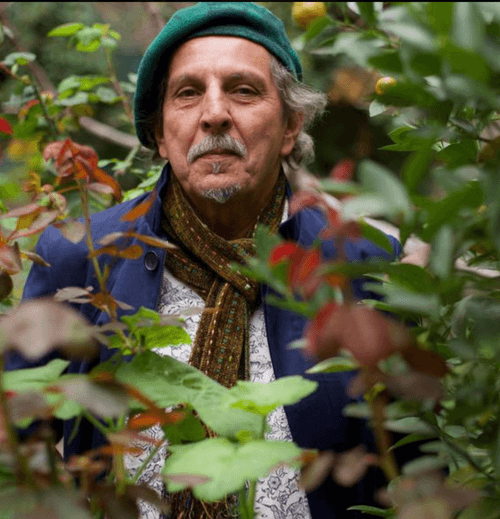
By: Dr. Glenn Albrecht
Glenn A. Albrecht was Professor of Sustainability at Murdoch University in Western Australia until his retirement in 2014, and until 2008 was Associate Professor in Environmental Studies in University of Newcastle in New South Wales. He is an environmental philosopher with both theoretical and applied interests in the relationship between ecosystem and human health and has become known for coining the neologisms solastalgia and symbiocene. His pioneering research focuses on ‘psychoterratic’, or earth related mental health conditions in conjunction with the concept of ‘solastalgia’ – or the lived experience of negative environmental change. He also has publications in the field of animal ethics including the ethics of relocating endangered species in the face of climate change pressures. Albrecht has been published in many peer reviewed journals and published book chapters on his research. His most recent publication is ‘Earth Emotions: New Words for a New World’.
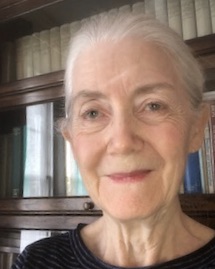
Chapter 30 – Climate Crisis: Neoliberal Exceptionalism and the Culture of Uncare
By: Dr. Sally Weintrobe
Sally Weintrobe is a psychoanalyst writing on the climate crisis. She is a Fellow of the British Psychoanalytical Society (BPAS), a long-standing Member of the Climate Psychology Alliance, and she chairs the International Psychoanalytical Association’s Committee on Climate Change. She was formerly an Honorary Senior Lecturer in the Department of Psychoanalytic Studies at University College London, and a member of teaching staff at the Tavistock Clinic.

Chapter 31 – Deny Much? Climate Inaction and the Psyche
By: Dr. Lise Van Susteren
Dr. Lise Van Susteren is a general and forensic psychiatrist in Washington, DC, and an expert on the physical and psychological impacts of climate change. In 2011 she co-authored “The Psychological Effects of Global Warming on the U.S. – Why the US Mental Health System Is Not Prepared”. Van Susteren is a Clinical Associate Professor of Psychiatry and Behavioral Sciences at George Washington University and has been a consultant to the Executive Branch of the US government profiling world leaders.
Chapter 32 – Individual pressures, Social pressures The Bystander Effect: the Tragedy of the Commons
By: Dr. Lise Van Susteren
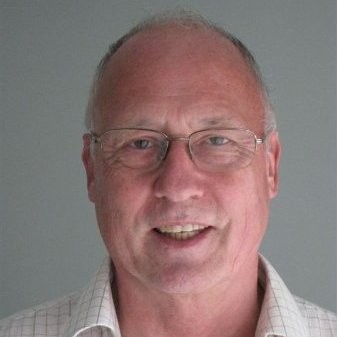
Chapter 33 – Crafting a psychology fit for a climate emergency
By: Adrian Tait
Adrian Tait’s university degree was in Sociology. Having then trained with The Guild of Psychotherapists in London, UK, he worked for 26 years as a psychoanalytic psychotherapist in private practice. He also held a part-time post with the NHS in Devon for 19 years, which included teaching and supervising psychodynamic practice for psychiatric trainees.

Chapter 34 – How nature can restore our mental health: the “charms, tricks and secrets of nature”
By: Dr. Lise Van Susteren
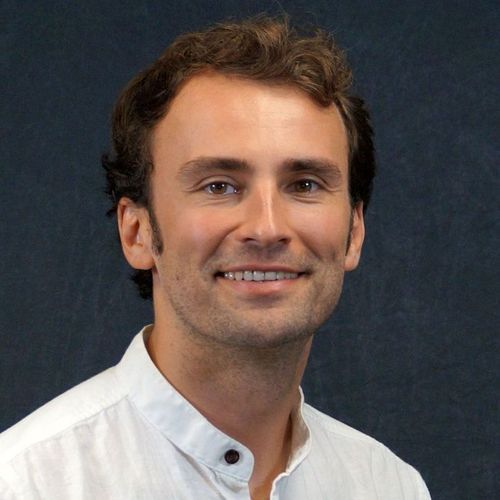
Chapter 35 – Psilocybin
By: Alex Trope MD, MSc
Alex Trope is an integrative physician, psychedelics researcher, and advocate for the integration of the mental health system (and innovative treatments like psychedelics) into all aspects of climate change mitigation/adaptation and the clean energy transition.

